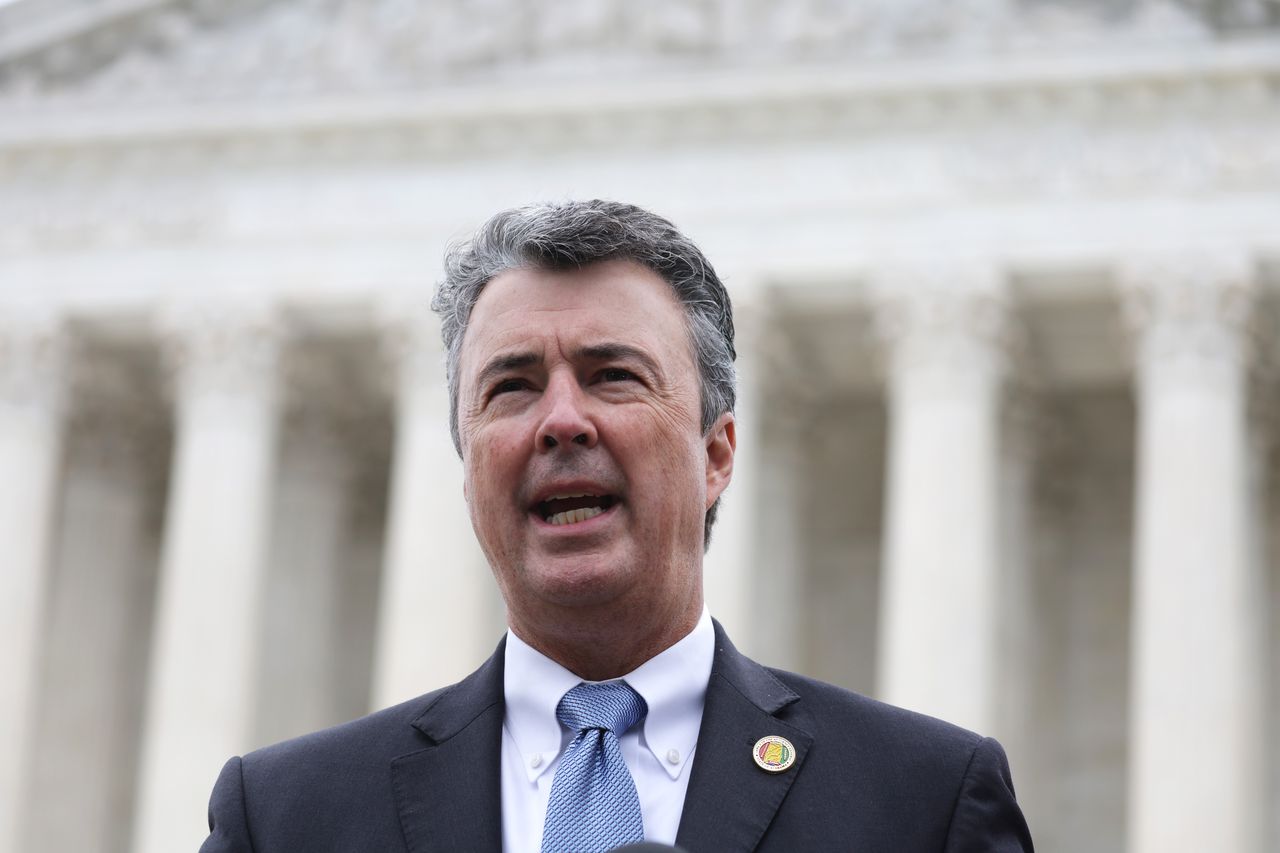Alabama’s most dangerous politician
This is an opinion column.
Toforrest Johnson is still on Alabama’s death row.
He’s still on death row despite it being all but impossible he committed the crime.
He’s still on death row despite jurors saying they would not have convicted him had they known then what they know now.
He’s still on death row despite his trial prosecutor and the current district attorney in Jefferson County saying he deserves a new trial.
He’s still on death row and his lawyers seem to think his wrongful conviction is a legal problem.
It’s not.
It’s a political one. And this problem has a name.
Steve Marshall.
This isn’t a column about Toforest Johnson’s case. I’ve written two of those already.
RELATED: An innocent man is on death row. Alabama officials seem OK with that.
This column is about Alabama’s attorney general, and it’s important that we understand up front that justice is not Marshall’s top priority. Or any lesser priority. He’s shown that.
Marshall could set Toforest Johnson free today.
He could have set him free years ago.
But he won’t.
Doing so might make Marshall look soft on crime, and he’d let an innocent man die before admitting we have a justice system that misfires.
That should scare the hell out of everyone.
If you watched him as I have, you’ve probably figured it out already, too. Appearing tough on crime is what matters to Marshall — not justice.
And Marshall is trying hard again to look tough.
This week Marshall wrote an op-ed that appeared in media throughout the state, including on AL.com. The piece drips with the sort of late-20th-century fearmongering that I frankly thought we’d moved past — somewhere on the macho bravado meter between the failed War on Drugs and making RoboCop a real-life thing.
“No longer would Alabama allow gangbangers to commit crimes and terrorize communities by brandishing and using firearms without suffering severe, mandatory repercussions,” Marshall wrote.
Gangbangers, huh? Not exactly a legal term, but rather the racial code language that’s a generation old and a generation failed.
Brandishing firearms? I thought in Alabama we called that open carry, or is that only when politicians flaunt them in campaign commercials? Has Marshall had a change of heart about repealing pistol permits?
Nah.
Racist duplicity is central to tough-on-crime politicking.
Marshall says he wants to crack down on “gangbangers” — not through community outreach, increased funding for community policing or anything else that might be truly helpful, but with more laws.
Laws that make things that were already illegal more illegal.
Laws that make long sentences behind bars longer.
Laws that jail young people when they’re younger.
Marshall says he wants to enhance sentencing for gang-related crimes. Again, this doesn’t outlaw anything that wasn’t already illegal. Instead, it takes discretion out of the hands of elected judges and local elected prosecutors.
Further, he wants to enhance sentencing for anyone who uses a gun in a crime. More mandatory minimums, please, because that’s worked so well before.
Finally, he wants to charge juvenile gang members 16 or older as adults when they commit crimes. Again, this already is the law for most major crimes. I’m not sure whether Marshall has ever read that law, but you can read it here.
This is old Alabama politics — fearmongering and phony solutions instead of doing the hard work, creating new draconian laws rather than enforcing the old ones — and we know how it ends.
We’ve done this before and it didn’t work.
Alabama already has one of the highest incarceration rates in the country. Our prisons already hold too many people jammed in too little space. We don’t have room for the folks already behind bars.
But in Steve Marshall’s mind, Alabama can’t incarcerate too many people, so long as it advances his political career.
There’s always room for one more. Guilty or not.
Just ask Toforest Johnson.
Kyle Whitmire is the state political columnist for the Alabama Media Group, 2020 winner of the Walker Stone Award, winner of the 2021 SPJ award for opinion writing, and 2021 winner of the Molly Ivins prize for political commentary.
